Electric scooters have been steadily increasing in popularity in recent years, despite plenty of confusion over their legality.
The appeal of e-scooters owes much to offering a greener alternative to using a car or motorbike while still being less physical than cycling or walking.
As a result, e-scooters have become an increasingly common sight in the UK – and that will increase with the government having confirmed plans to fully legalise them.
Full story: UK government to legalise e-scooters - and says 'safety will be at heart' of regulations
But while you are increasingly likely to see them on your travels, on pavements, cycle lanes and roads, should they even be there?
As selected councils have embraced trials and shops and online retailers have increasingly offered e-scooters for sale, the lines between what is and what isn’t legal have blurred.
Here, we’ve put together the key information you need to know about e-scooter use in the UK, including detailing how you can legally enjoy this relatively new and increasingly popular mode of transport, and what the risks are if you choose to use one outside of the provisions made by the law.
This guide applies to the rules as they currently stand. For the latest information, visit our sister title Move Electric.
Are e-scooters legal to buy and use?
Major high street and online retailers are actively promoting the sale of e-scooters owing to their growing popularity, so it’s probably no surprise to learn that it is completely legal to purchase one.
Crucially, privately owned scooters are restricted for use solely on private land with the permission of the land owner. It is illegal to use a privately owned e-scooter on pavements, cycle paths or roads at present.
Under current UK law, e-scooters are classed as ‘powered transporters’ and as such are treated in the same way as motor vehicles, so pavements and cycle paths are strictly off limits. In turn, for road use, they would have to meet the same requirements as cars and motorbikes and have the correct MOT, tax, insurance, licence and construction techniques, which currently is virtually impossible technically and financially.
However, the government is consulting on whether to change the law to make e-scooter use legal and is set to deliver a verdict in March 2022. The issue is also being discussed in the House of Lords.

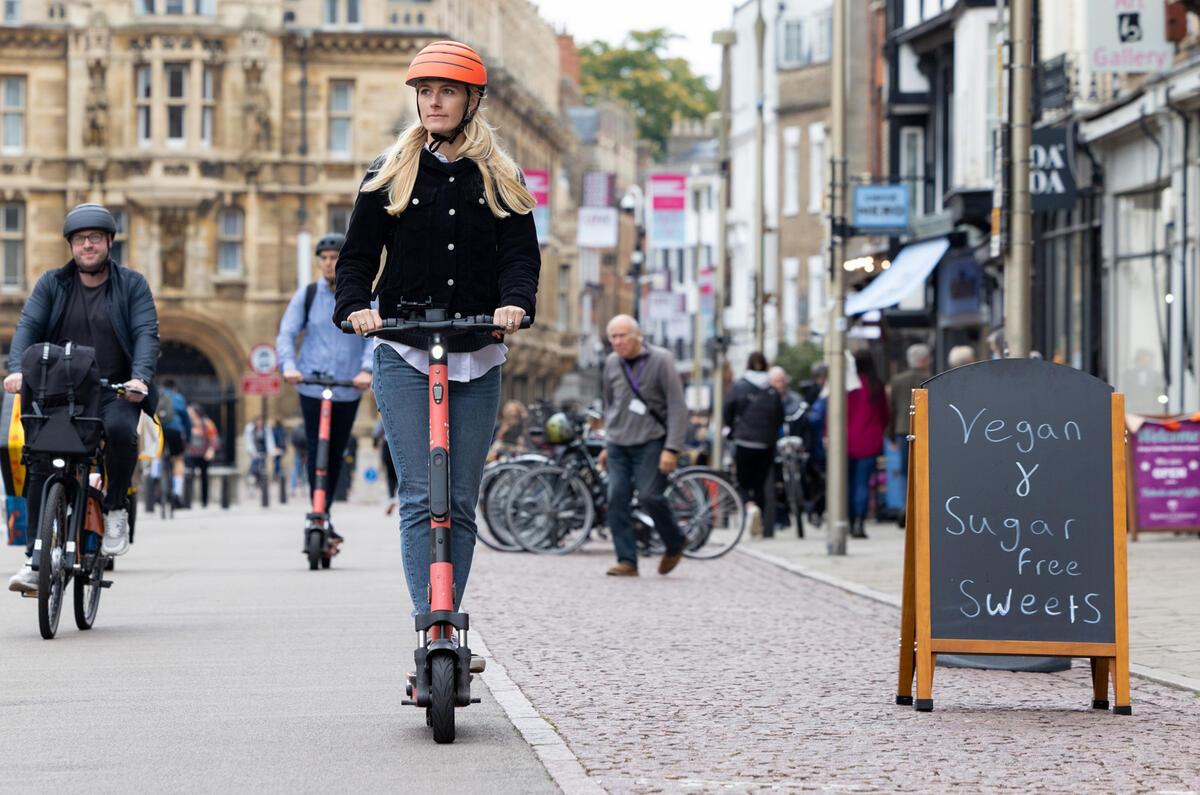
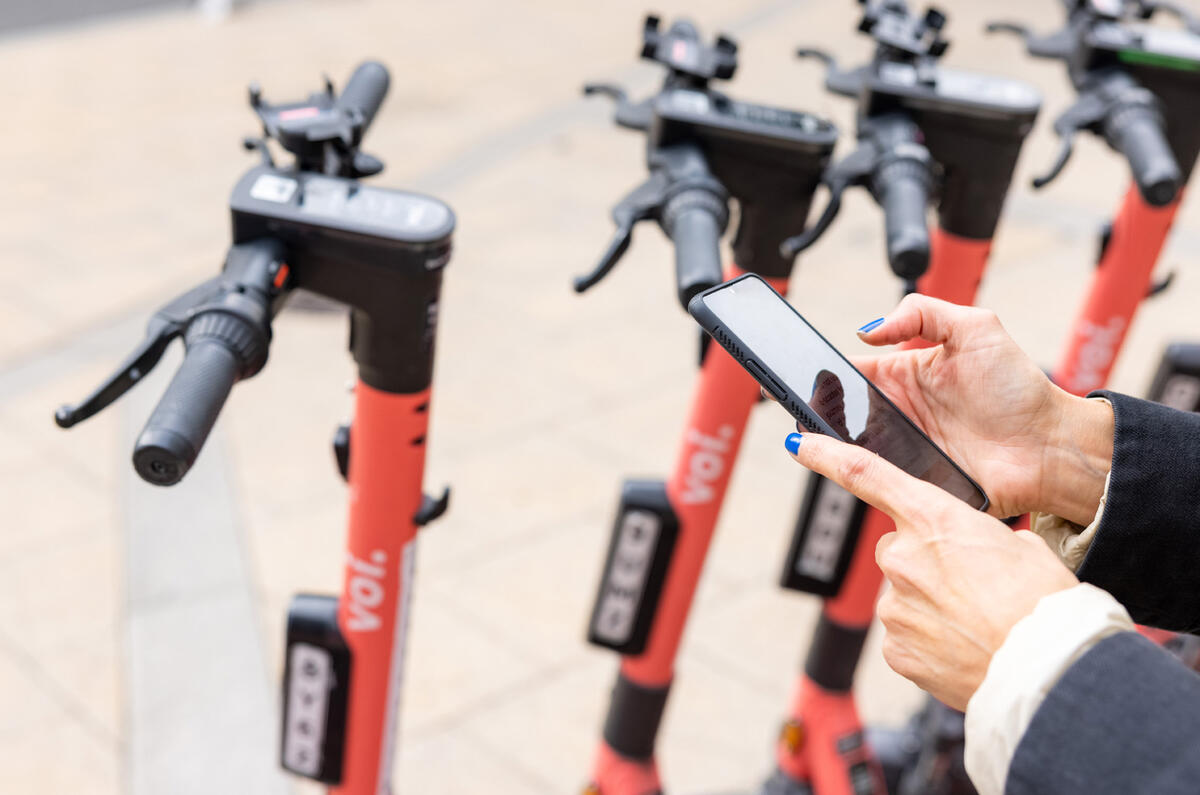
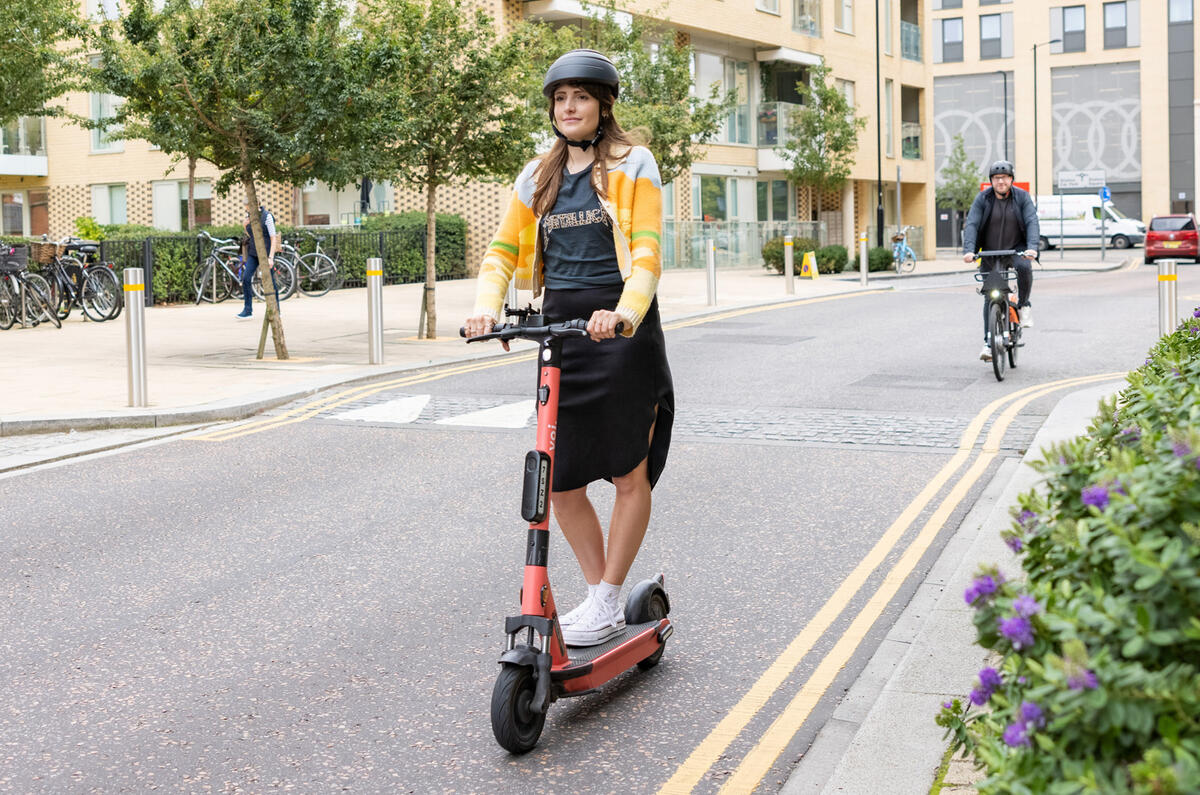




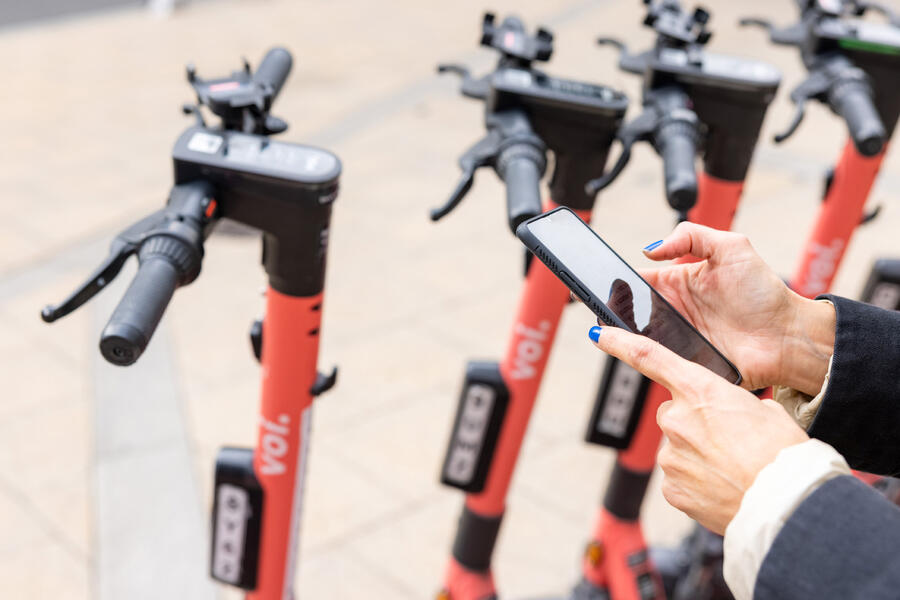
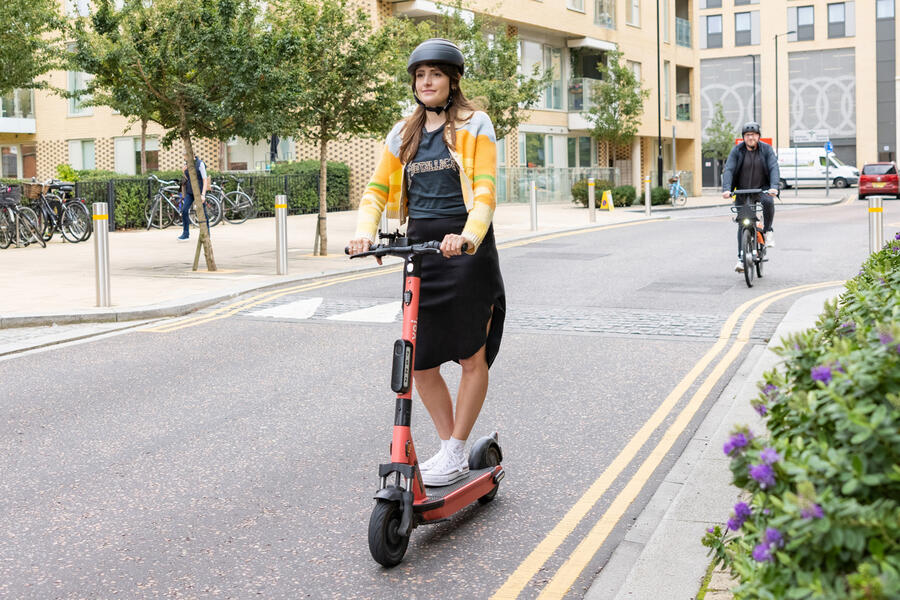


Join the debate
Add your comment
There seems to be a resurrection of the hate campaign against Electric Scooters recently. We see the police sawing up some of them into small pieces, outrageous! We see a simulated collision between an Electric Scooter and a Pedestrian, injury is possibly done to both. We don’t see a comparison collision between an Electric Bicycle and a Pedestrian. More Mass, More Speed, a lot More Momentum and much more chance of injury. Maybe we should also cut all of them into small pieces, much safer, but an act of symbolic stupidity! Or, maybe we should get a life and recognise that both are very valuable eco friendly means of short distance transport, cutting down on car journeys, and more importantly realise that it is the manner of riding that is the problem and not the electric vehicle!!! After all, most other Countries in the World get on well with electric scooters. Why should we deny ourselves this useful means of transport?
Just to play devils advocate here.
How are these eScooters any different to eBikes? Both are equally as dangerous in the hands of irrisponsible riders and it isn't fair to tarnish the majority of the public with the behaviour of a minority. eBike's have restrictions for public/road use but require no proficiency testing, you apply the same rules to eScooters, age limit their use and set the expectation that riders where the appropriate PPE, it's simple really.
Sadly, continuation from this government - Words but no action or enforcement.Something has to be done before someone gets seriously hurt or worse.
Last night luckily there was no car on the other side of the road as I had to swerve as suddenly someone 'appeared' on a unlit road wearing dark clothing on one of these with NO LIGHTS!
There seems to be a resurrection of the hate campaign against Electric Scooters recently. We see the police sawing up some of them into small pieces, outrageous! We see a simulated collision between an Electric Scooter and a Pedestrian, injury is possibly done to both. We don’t see a comparison collision between an Electric Bicycle and a Pedestrian. More Mass, More Speed, a lot More Momentum and much more chance of injury. Maybe we should also cut all of them into small pieces, much safer, but an act of symbolic stupidity! Or, maybe we should get a life and recognise that both are very valuable eco friendly means of short distance transport, cutting down on car journeys, and more importantly realise that it is the manner of riding that is the problem and not the electric vehicle!!! After all, most other Countries in the World get on well with electric scooters. Why should we deny ourselves this useful means of transport?